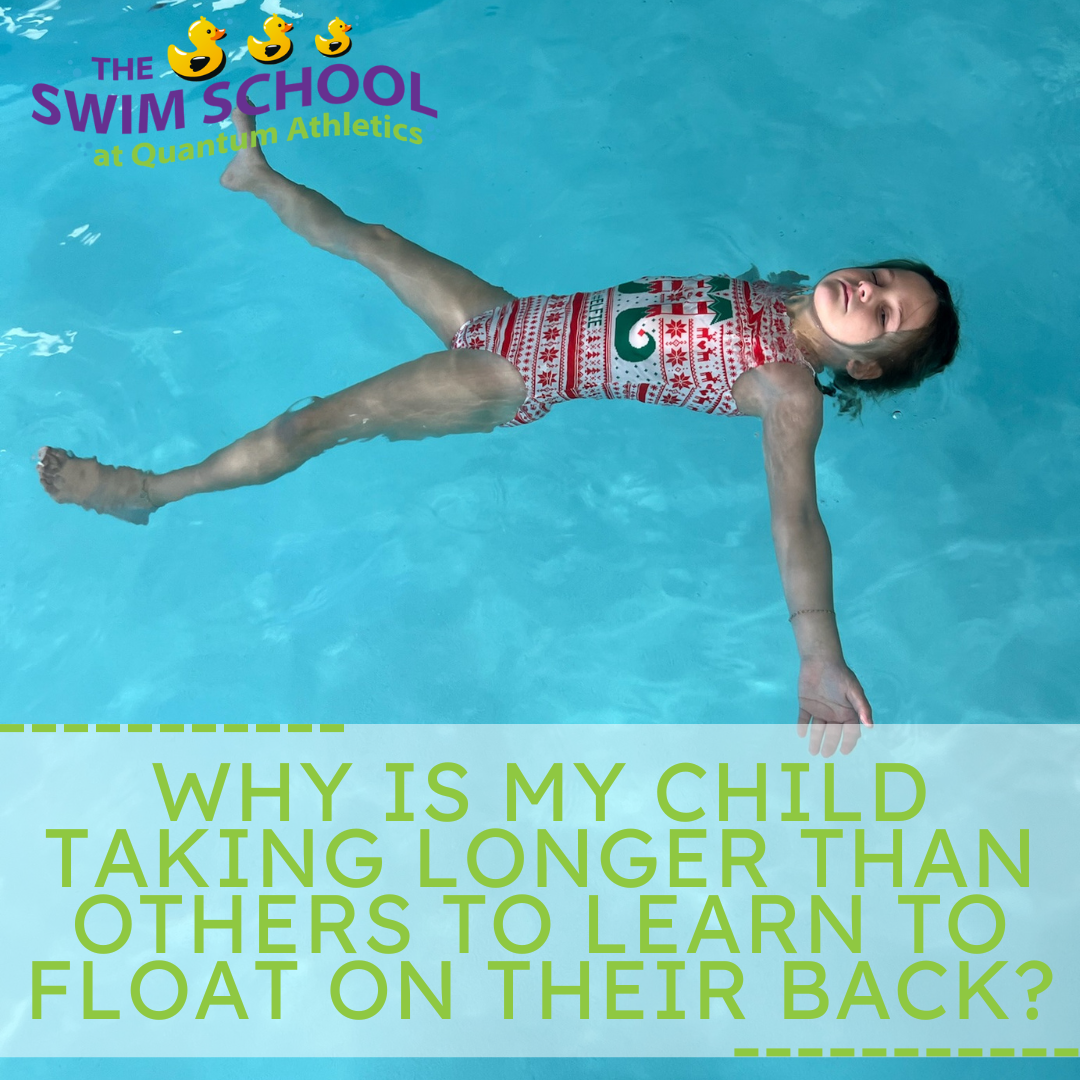
Why Is My Child Taking Longer Than Others to Learn to Float on Their Back?
One of the very first milestones in swimming is learning how to float on the back. For some children, this comes quickly and easily. For others, it takes time, practice, and patience. If your child is taking longer than their peers, don’t worry—it’s a normal part of the learning process, and it’s not a sign that they won’t succeed in swimming.
Here’s why floating can be challenging, and why giving kids time is so important:
1. Every Child Develops at Their Own Pace
Just like walking, talking, or riding a bike, swimming skills develop at different rates. Some children naturally feel comfortable in water, while others need more time to build trust and confidence. Progress looks different for every child, and that’s okay.
2. Floating Requires Relaxation—Which Can Be Scary
The biggest key to floating is relaxation. Kids have to trust the water to hold them up, and that can feel unnatural at first. If a child tenses their muscles or holds their breath, floating becomes harder. Coaches spend time helping children feel safe and calm so they can let their bodies relax.
3. Body Composition and Size Play a Role
Floating is partly about physics—different body types float differently. Younger or leaner children may need more practice finding balance in the water. With the right technique and patience, every child can learn to float, no matter their size.
4. Confidence Comes With Repetition
Fear of water, splashing, or the sensation of ears in the water can all make floating harder. Through repetition and gentle encouragement, children gradually get used to these feelings. The more consistent their practice, the more confident and relaxed they become.
5. Long-Term Success Matters More Than Speed
The goal isn’t to see who can float first—it’s to make sure every child feels safe and confident in the water. Children who take longer to master floating often gain a deeper sense of trust in themselves and the water, which leads to stronger skills down the road.
Final Thoughts for Parents
If your child is taking longer to float on their back, know this: it’s normal, it’s not a race, and it doesn’t mean they’re falling behind. With encouragement, consistency, and the support of patient coaches, every child will reach this milestone in their own time.
✨ Progress in swimming is measured in confidence and safety—not just speed. ✨
